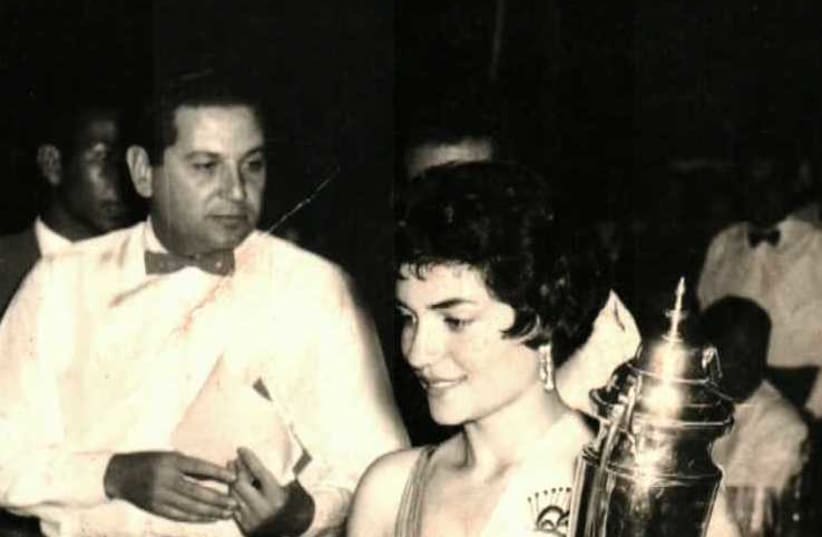The new Head of the Religious Ministry of Sudan Nasr al-Din Mufreh called on Jewish people who used to live in Sudan and their descendants to return in September. “Sudan is pluralistic,” he said, “we invite them to return to this country.”
The story was picked up by ADL director of International Affairs David Weinberg as well as this newspaper, yet, what do we actually know about the legacy of the Jewish people in Sudan?
Daisy Abboudi, the granddaughter of Jewish people who lived in Sudan, started out exploring the rich legacy of her forefathers and began sharing it with the world via her online blog ‘Tales of Jewish Sudan.’
The blog includes recipes, such as Finikia, which Jews learned how to make from their Greek friends in Sudan, Peanut Butter Dip and Molokhia, showing how some African staple foods such as peanuts found their way into the plates of Jewish newcomers to Sudan alongside Arab dishes such as the Egyptian soup made from Jew’s mallow.
Like the much larger Egyptian Jewish community the Jews of Sudan were connected to, it was composed of Arabic speaking Jews as well as Greek and Italian Jews who felt at home in the variety of cultures that made up society at the time. Ashkenazi Jewish people also joined in to create a lively community.
In her blog, Abboudi tells the story of how, during those years, and was meant to progress to compete in the Miss Egypt contest – until her Jewishness was found out.
The result was that her title was taken from her and given to the woman who won second place, who was Christian.
It should be noted that Jewish women were fairly successful in Egyptian cultural life at the time. The Jamal twins, famous belly dancers in their time, who were loved by King Farouk no less, were really Helena and Bertha Fishel.Singer and actress Leila Mourad was born as Lillian Mordechai to a Jewish family in Cairo. Abboudi hopes that a book about the community she feels so connected to will be released in the near future.
